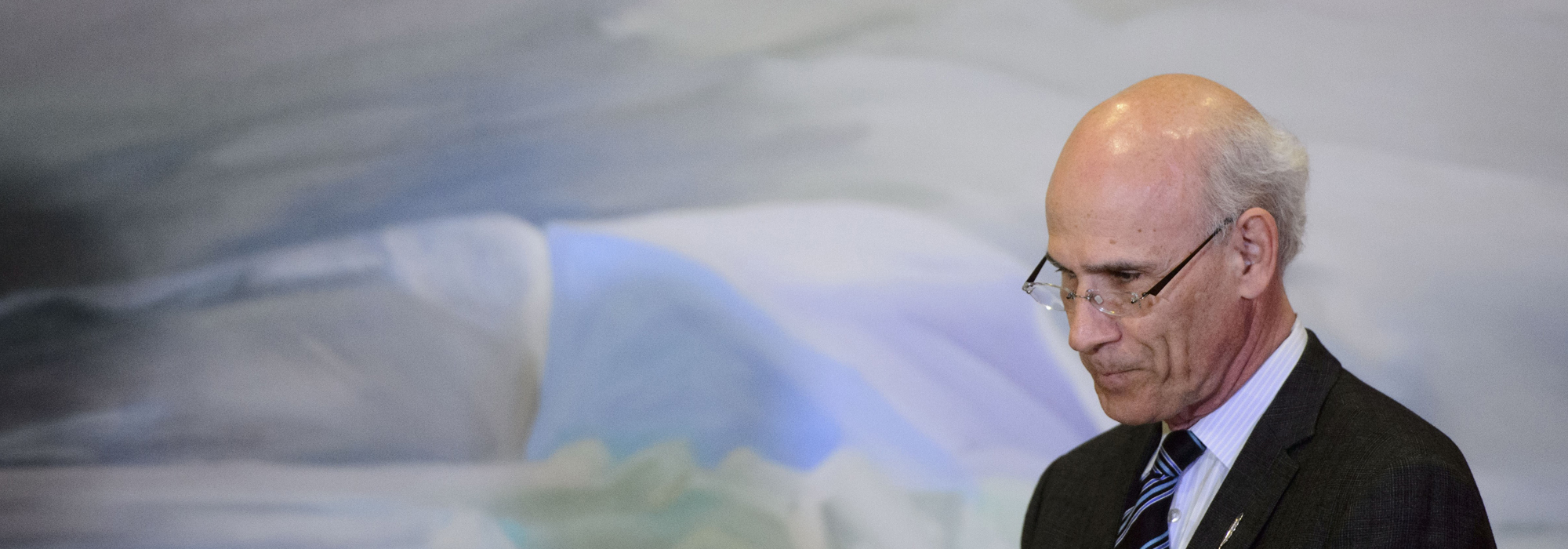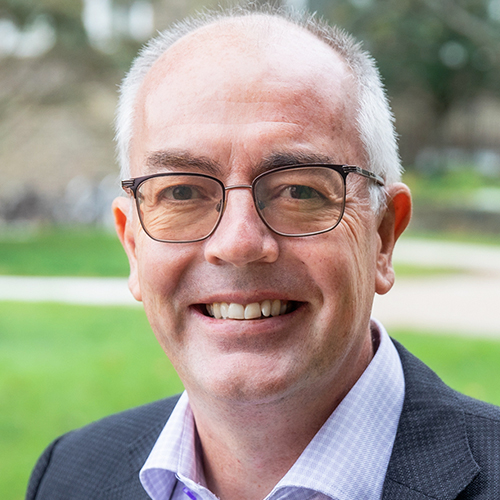
Former attorney general Jody Wilson-Raybould noted in her opening statement on the SNC-Lavalin affair before the Standing Committee on Justice and Human Rights, on February 27, that the attorney general must “always (be) willing to speak truth to power,” a point that was reinforced by NDP committee member Murray Rankin.
It is ironic that this concept was raised first by politicians and not public servants: the concept of “speaking truth to power” is a mantra in the public service; it demands that public servants tell elected officials the truth, even when they don’t want to hear it.
The former Clerk of the Privy Council Michael Wernick (who notified the Prime Minister on March 18 of his intention to resign) was asked when he appeared before the Justice Committee on February 21 if he had applied inappropriate pressure on the former minister of justice regarding the decision on whether to offer a deferred prosecution agreement to SNC-Lavalin. He replied, “Part of my conversation with her on December 19 was conveying context that there were a lot of people worried about what would happen ─ the consequences not for her, the consequences for the workers and the communities and the suppliers.”
This kind of tough talk is central to the concept of speaking truth to power. In Wernick’s words, “I am quite sure the minister felt pressure to get it right.”
In the age of fake news, the importance of standing up for truth has resurged in certain corners. Former FBI director James Comey, who has frequently cited the concept of truth to power — in referring to Hillary Clinton’s emails and to Donald Trump’s interactions with Russia — argued in A Higher Loyalty: Truth, Lies and Leadership: “without a fundamental commitment to the truth — especially in our public institutions and those who lead them — we are lost.”
Yet Wernick, in his evidence before the committee, never in fact used the word “truth,” and he referred to “power” only sporadically and in a circumspect manner. Rather, he used words like “deciders” and “context.” This choice of words is telling; it illustrates how dubious the concept of speaking truth to power actually is.
First, who holds the truth?
In reality, no one holds the truth. The study of perspective was one of the most important developments in social science in the 20th century, and we see evidence of this throughout this episode in Ottawa, with the frequent references by commentators and protagonists to her truth and his truth.
Do politicians hold the power?
Thankfully, power is dispersed in the Westminster tradition. This protects us against autocratic rule. Ostensibly, the Prime Minister has the most power, but even his power is constrained by laws, cabinet, caucus, his political party, the opposition, provincial governments, the media, and our international trade partners, among other things. Former Canadian prime minister Jean Chrétien and former British prime minister Margaret Thatcher lost their jobs not when they lost elections, but rather when they lost the support of their caucuses.
Public servants routinely understate their power. Although they are loath to admit it in public, ministers are reluctant to disagree with their much more experienced deputy ministers. Many public service reforms over the last 40 years — from privatization and outsourcing to pay-for-performance, performance measurement initiatives and citizens’ charters — have at least tried to curtail deputy ministers’ power over their ministers.
Wernick’s decision to step down was borne of a more serious constraint. Once the Clerk was no longer seen by opposition members as nonpartisan, his credibility was damaged; he could no longer serve.
Political staff also have power. Over the past decades there has been frustration among elected officials over how much influence unelected officials in the Prime Minister’s Office have. But like the power of the Clerk, the power of political staff has constraints, as we saw when Prime Minister Justin Trudeau’s principal secretary, Gerald Butts, resigned. Butts’s friendship with the Prime Minister, once a source of power, became a liability
Former minister Wilson-Raybould might have been “the decider,” as Wernick said in his testimony, but the power was clearly not concentrated in her office, which she evidently came to learn and which she has deemed inappropriate. Her reference to speaking truth to power is particularly curious given that she is the one who is supposed to have the power in this situation.
Wernick’s references to “the context” and “the decider” alludes to a much more complex and subtle social dynamic than is suggested by the truth/power dichotomy. The context is one in which social, economic, legal and political pressures converge on an individual named “the decider,” which fits easily in a job description but does not give a full account of the power entailed.
“Power” is an opaque concept; it is negotiated, and it is fluid. The elusive nature of the concepts of truth and power present a challenge for those public institutions that are based on a 19th century bureaucratic model — a model that falsely assumes the existence of a singular truth and unitary control. Words like “truth” and “power” would not have stood up against the scrutiny of the parliamentary committee; Wernick knows this, and he chose his words carefully.
Photo: Clerk of the Privy Council Michael Wernick taking part in a cabinet shuffle at Rideau Hall in Ottawa on Monday, March 18, 2019. Following the shuffle, he announced his resignation. The Canadian Press, by Sean Kilpatrick.
Do you have something to say about the article you just read? Be part of the Policy Options discussion, and send in your own submission. Here is a link on how to do it. | Souhaitez-vous réagir à cet article ? Joignez-vous aux débats d’Options politiques et soumettez-nous votre texte en suivant ces directives.








